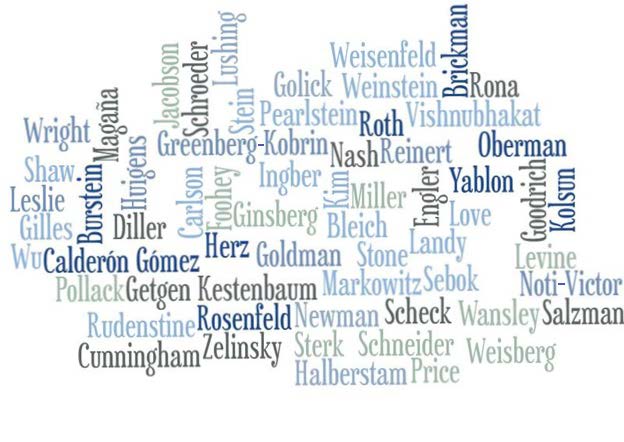Publication Date
2015
Journal
Administrative Law Review
Abstract
A regulatory agency is captured if, instead of the public interest, it pursues the interests of powerful firms it is intended to regulate. Scholars disagree about which agencies are captured, how they become captured, and what reforms, if any, can prevent capture. There is consensus on one issue: capture is a vice.In this Article, I argue that capture can be a virtue. When powerful interest groups thwart justified regulation, the optimal strategy for pursuing that regulation may be to indirectly empower interest groups that stand to profit from it in the long-run. Legislation creating new interest groups — or altering the incentives of existing ones — can develop a political economy that will support public-interested regulation. Currently dominant interest groups may not be able to anticipate and suppress this long-term threat to their power.This Article describes how legislation that changed the dynamics of interest group power has led to regulation — on climate change, air bags, and toxic waste — that had been previously blocked by powerful industries. It offers a novel theoretical account of why dominant interest groups predictably fail to stop legislation that empowers rival interest groups over time. It suggests reforms to administrative, tort, and insurance law that can be expected to lead to desirable, but currently unachievable, regulation. It defends virtuous capture as an empirically realistic and normatively permissible means to achieve those ends.
Volume
67
First Page
419
Publisher
American University Washington College of Law
Keywords
regulations, regulatory capture, administrative law, reform
Disciplines
Law
Recommended Citation
Matthew Wansley,
Virtuous Capture,
67
Admin. L. Rev.
419
(2015).
https://larc.cardozo.yu.edu/faculty-articles/451


